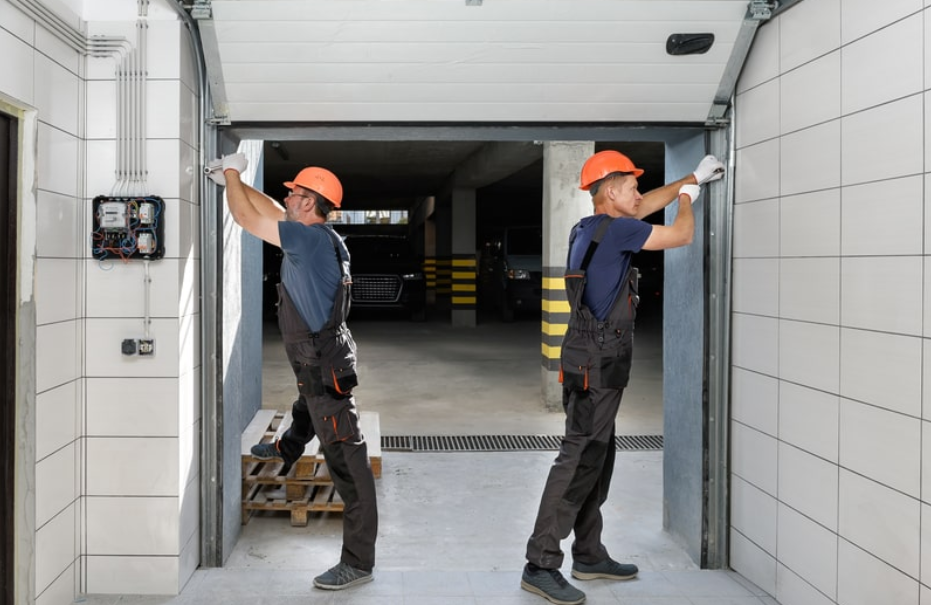Choosing the right air conditioner is not just a matter of comfort but also efficiency. With the right system, you can keep your home comfortable while also being mindful of energy consumption. As sweltering summers or unexpected heat waves can make indoor environments unbearable, selecting an air conditioner tailored to your needs becomes even more crucial. There are several factors that influence this choice, from the size and design of your space to your local climate and personal preferences. This article aims to guide you through the essential tips for selecting the perfect air conditioner for your home, ensuring you make an informed decision. By doing so, you’ll enjoy improved comfort, energy savings, and maybe even a decrease in your energy bills.
Understanding Your Cooling Needs
Every home is different, and so are its cooling requirements. Before you look at specific brands or features, it’s important to assess what your home actually requires.
1. Room size and layout: Cooling capacity is measured in BTUs (British Thermal Units). A unit that’s too small will work overtime without effectively cooling the space, while an oversized unit may cool the room too quickly, causing frequent start-stop cycles that waste energy. Measuring your room’s square footage is a good starting point.
2. Climate and sunlight exposure: Where you live makes a big difference. Homes in warmer climates or those with large sun-facing windows often need more powerful systems. Proper shading, curtains, or reflective window films can help reduce the load on your air conditioner.
3. Household appliances: Ovens, computers, and other electronics generate heat that can add to the cooling demand. Factoring these in helps you avoid underestimating your system needs.
4. Energy efficiency: Ratings such as Energy Star provide an indication of how much electricity the unit consumes. Choosing a model with a higher rating means you’ll use less energy to achieve the same comfort.
By carefully evaluating these factors, you’ll set a strong foundation for choosing the right type of air conditioner.
Different Types of Air Conditioners
Once you’ve understood your cooling needs, it’s time to explore different air conditioner options. Central air conditioning systems are suitable for those looking to cool an entire home. These systems are efficient for larger properties, offering a uniform temperature control solution. However, they require ductwork, which might not be feasible for all homes, especially older buildings.
Window air conditioners offer a less invasive option. They are typically more affordable than central systems and ideal for single rooms or smaller apartments. Keep in mind, though, they can obstruct views and natural light from windows.
Portable air conditioners provide flexibility and mobility, making them perfect for those who need a temporary solution or wish to move the unit between rooms. Their primary downside is that they often require more energy than other types for the same cooling output.
Ductless mini-split systems present a versatile alternative with a combination of the advantages found in central and window units. They are ideal for older homes lacking ductwork and offer energy-efficient forced heating and cooling. With a sleek design, these are perfect for homes needing specific area cooling without comprehensive duct installation.
Energy Efficiency and Cost Considerations
While the purchase price of an air conditioner is important, long-term running costs are often the bigger concern.
SEER ratings: The Seasonal Energy Efficiency Ratio measures efficiency during a cooling season. A higher SEER rating means better efficiency, which usually translates into lower electricity bills.
Balancing cost and savings: High-efficiency models often cost more upfront, but the energy savings over several years can outweigh the initial expense. Think of it as a long-term investment rather than a one-time purchase.
Environmental impact: Energy-efficient air conditioners reduce carbon emissions, making them a more sustainable option. For eco-conscious homeowners, this adds extra value.
Incentives and rebates: Many regions offer financial incentives, such as rebates or tax credits, for installing high-efficiency systems. It’s worth checking with local energy providers before making a purchase.
By weighing these considerations, you’ll be able to choose a system that balances performance, cost, and sustainability.
Additional Features and Smart Technology Options
Modern air conditioners come equipped with a variety of additional features that enhance comfort and ease of use. Programmable thermostats, for instance, dramatically improve temperature control, allowing you to set schedules that match your daily routines and reduce energy waste.
Remote control and smartphone app connectivity offer further convenience, enabling you to adjust settings from afar. This feature is particularly useful for unexpected weather changes or adjustments when you’re not home.
Increasingly, air conditioners incorporate air purification and dehumidifying capabilities. These features are beneficial for improving indoor air quality and reducing humidity levels, creating a healthier living environment.
Smart home integration is another exciting development, offering seamless connectivity with other home systems. This integration not only simplifies management but also optimises energy usage through intelligent systems that learn your habits over time.
Proper Installation and Maintenance
Proper installation is pivotal in ensuring that your air conditioner operates efficiently. It’s advisable to opt for professional HVAC services for the installation, ensuring that the unit is correctly sized and fitted. Incorrect installation can compromise the system’s efficiency and lead to higher energy bills, not to mention potential damage.
Regular maintenance also plays a crucial role in prolonging the life of your unit. Simple actions such as cleaning or replacing filters, checking refrigerant levels, and ensuring no debris blocks the external compressor can enhance performance. Seasonal checks should not be overlooked; these inspections will help identify potential issues before they escalate.
Conclusion
The journey to choosing the right air conditioner for your home involves a comprehensive understanding of your specific needs and exploring the diverse types available. Balancing initial costs with long-term benefits and considering factors like energy efficiency, smart features, and maintenance will serve you well in this quest. While DIY efforts are admirable, don’t hesitate to consult professionals to check before buying an air conditioner. Ultimately, personalising your choice based on home specifics ensures you enjoy optimum comfort and value.


